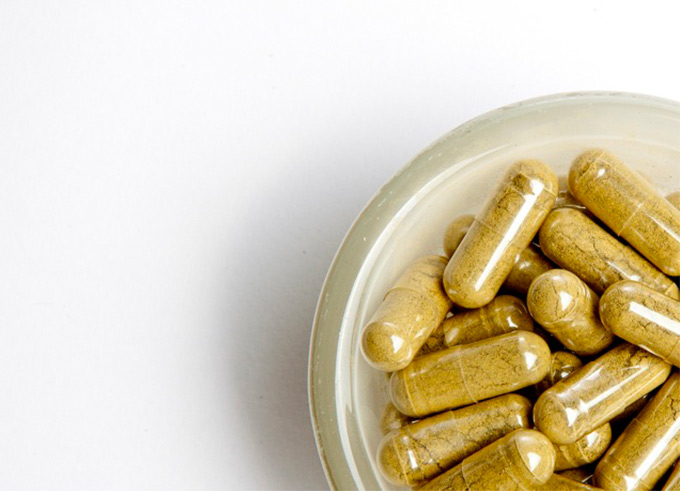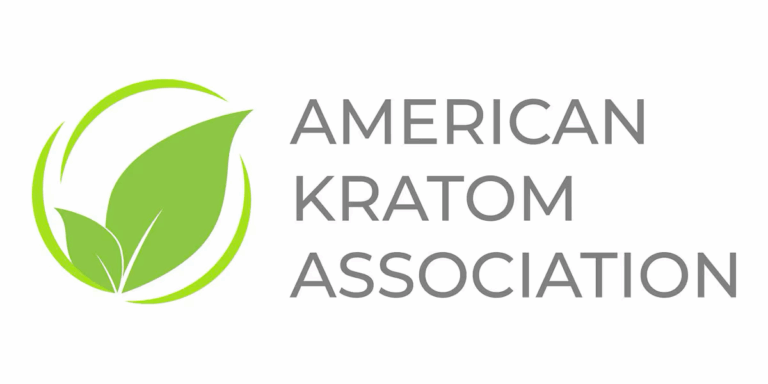Experts Find Potential for Kratom Abuse May Be As Low As Such Unrestricted Substances as “Nutmeg and St. John’s Wort”

A long-awaited analysis by one of the world’s leading experts on drug abuse and addiction concludes that there is “insufficient evidence” for the U.S. Drug Enforcement Administration (DEA) to ban or otherwise restrict the coffee-like herb kratom under the Controlled Substances Act.
In preparing the report for the American Kratom Association (AKA), Dr. Jack Henningfield, Ph.D., vice president of Research, Health Policy, and Abuse Liability at PinneyAssociates, concludes: “Kratom has a low potential for abuse and a low dependence liability and there is insufficient evidence of personal harm, adverse health effects or detriment to the public health to warrant control under the [Controlled Substances Act] . . . Appropriate regulation of kratom under the [Food, Drug, and Cosmetic Act] is the most effective way to protect the public health by ensuring appropriate access and oversight and to sustain the overall very low adverse personal and public health effects associated with kratom consumption.”
The AKA comment letter to the DEA notes: “[K]ratom does not meet the criteria for permanent scheduling under the CSA – under schedule I or any other schedule – and DEA cannot satisfy the legal requirements for use of the emergency scheduling provision of the CSA to temporarily schedule kratom. Scheduling kratom under the CSA would divert government resources from more critical initiatives, have a significant negative impact on a substantial number of small businesses and consumers who choose to use kratom products safely and responsibly, yet yield no positive impact on the public health.”




